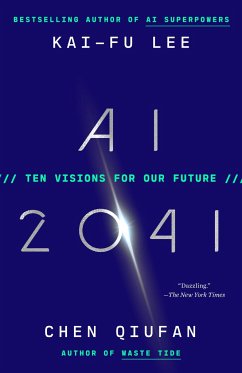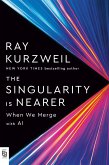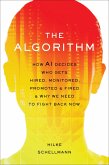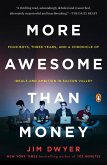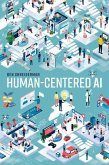How will AI change our world within twenty years? A pioneering technologist and acclaimed writer team up for a “dazzling” (The New York Times) look at the future that “brims with intriguing insights” (Financial Times). This edition includes a new foreword by Kai-Fu Lee. A BEST BOOK OF THE YEAR: The Wall Street Journal, The Washington Post, Financial Times Long before the advent of ChatGPT, Kai-Fu Lee and Chen Qiufan understood the enormous potential of artificial intelligence to transform our daily lives. But even as the world wakes up to the power of AI, many of us still fail to grasp the big picture. Chatbots and large language models are only the beginning. In this “inspired collaboration” (The Wall Street Journal), Lee and Chen join forces to imagine our world in 2041 and how it will be shaped by AI. In ten gripping, globe-spanning short stories and accompanying commentary, their book introduces readers to an array of eye-opening settings and characters grappling with the new abundance and potential harms of AI technologies like deep learning, mixed reality, robotics, artificial general intelligence, and autonomous weapons.
Hinweis: Dieser Artikel kann nur an eine deutsche Lieferadresse ausgeliefert werden.
Hinweis: Dieser Artikel kann nur an eine deutsche Lieferadresse ausgeliefert werden.

